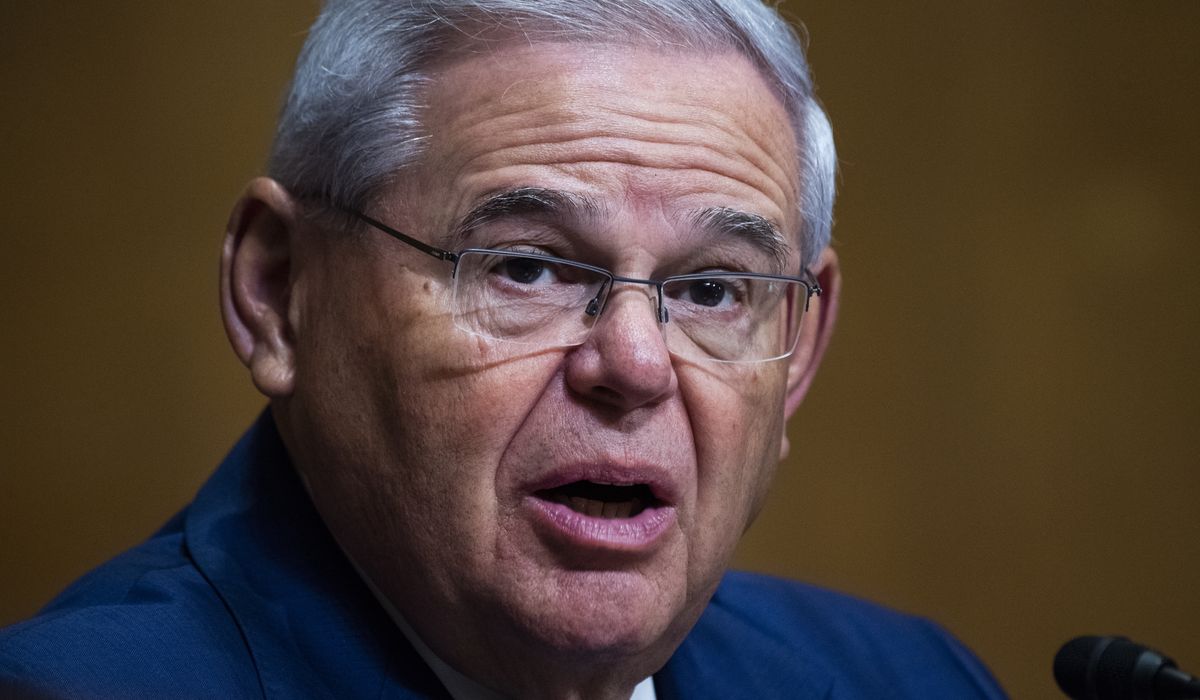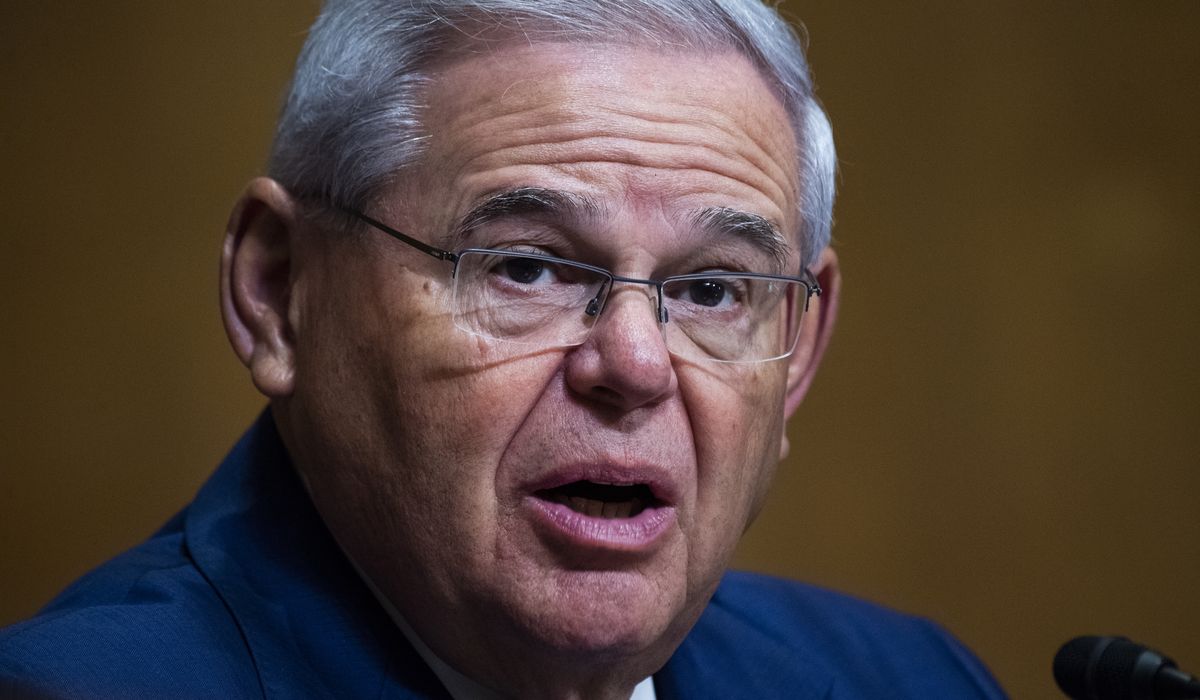
Russia’s growing influence in Belarus is complicating U.S. and Western efforts to pressure Minsk and force increasingly emboldened Belarusian President Alexander Lukashenko to halt his crackdown on political opponents, the U.S. ambassador to Belarus told a congressional hearing Wednesday.
The Senate Foreign Relations Committee hearing focused on Belarus just weeks after Belarusian officials forced a Ryanair flight to divert to Minsk and arrested dissident journalist Roman Protasevich who was traveling on the plane.
Ambassador-designate Julie Fisher, whom Mr. Lukashenko barred from entering Belarus, said Moscow for decades has taken advantage of its relationship with Belarus and leveraged the vulnerabilities posed by the Lukashenko dictatorship.
“We find Russia’s rhetorical, diplomatic, military and financial support for the Lukashenko regime part of a consistent pattern on the Kremlin’s part to ensure Belarus’ dependency,” Ms. Fisher said. “They will continue to use Belarus for their own purposes, which leaves the people of Belarus with very little voice, very little agency in their own future,” she added.
Lawmakers were also critical of the Kremlin’s influence on Belarus, just days before Russian President Vladimir Putin and President Biden hold their first face-to-face summit in Switzerland since Mr. Biden took office in January.
“Alexander Lukashenko is often called the last dictator in Europe, but unfortunately he’s not,” committee Chairman Robert Menendez, New Jersey Democrat, said Wednesday. “Vladimir Putin is sitting right next door constantly exerting pernicious influence across the region.”
“For more than 25 years, Lukashenko has run Belarus as his personal dictatorship,” said Idaho Sen. James E. Risch, the committee’s ranking Republican. “In contrast to the democratic progress by Belarus’ neighbors, Lukashenko has been able to operate outside of the international standards due to the support he receives from the only other European autocrat worse than he is, Vladimir Putin. With Putin’s support, and by his example, Lukashenko believes he can rule with impunity.”
The relationship further complicates efforts for democratic reform in both countries. The NATO alliance has stopped short of fully cutting ties with Belarus following the Ryanair incident, which Mr. Menendez, New Jersey Democrat, argued was a result of Russian influence and Moscow’s military buildup on Belarus’ border with Ukraine.
Ms. Fisher remarked that Mr. Lukashenko has almost no say in Russia’s military posture in Belarus as a result of his dependence on Moscow.
Belarusian opposition leader Sviatlana Tsikhanouskaya, who also spoke remotely during Wednesday’s hearing, has called this week for tougher Western sanctions to be imposed on the Lukashenko government.
Belarus has been in turmoil since Mr. Lukashenko claimed victory in a widely disputed presidential election last August over Ms. Tsikhanouskaya. The opposition leader has been living in self-imposed exile in Lithuania since shortly after the vote, which has sparked unprecedented public protests against Mr. Lukashenko‘s 28-year rule.
The crisis in her country, she told the Senate panel Wednesday, “deserves a comprehensive and unwavering response. Otherwise, we all will face such situations in the future, as Lukashenko is turning my country into a North Korea of Europe — nontransparent, unpredictable, and dangerous.”
She urged new sanctions targeting individuals and companies who help finance the Minsk regime and the preparation of the U.S.-European fund to help fund democratic and legal reforms once Mr. Lukashenko is gone.







